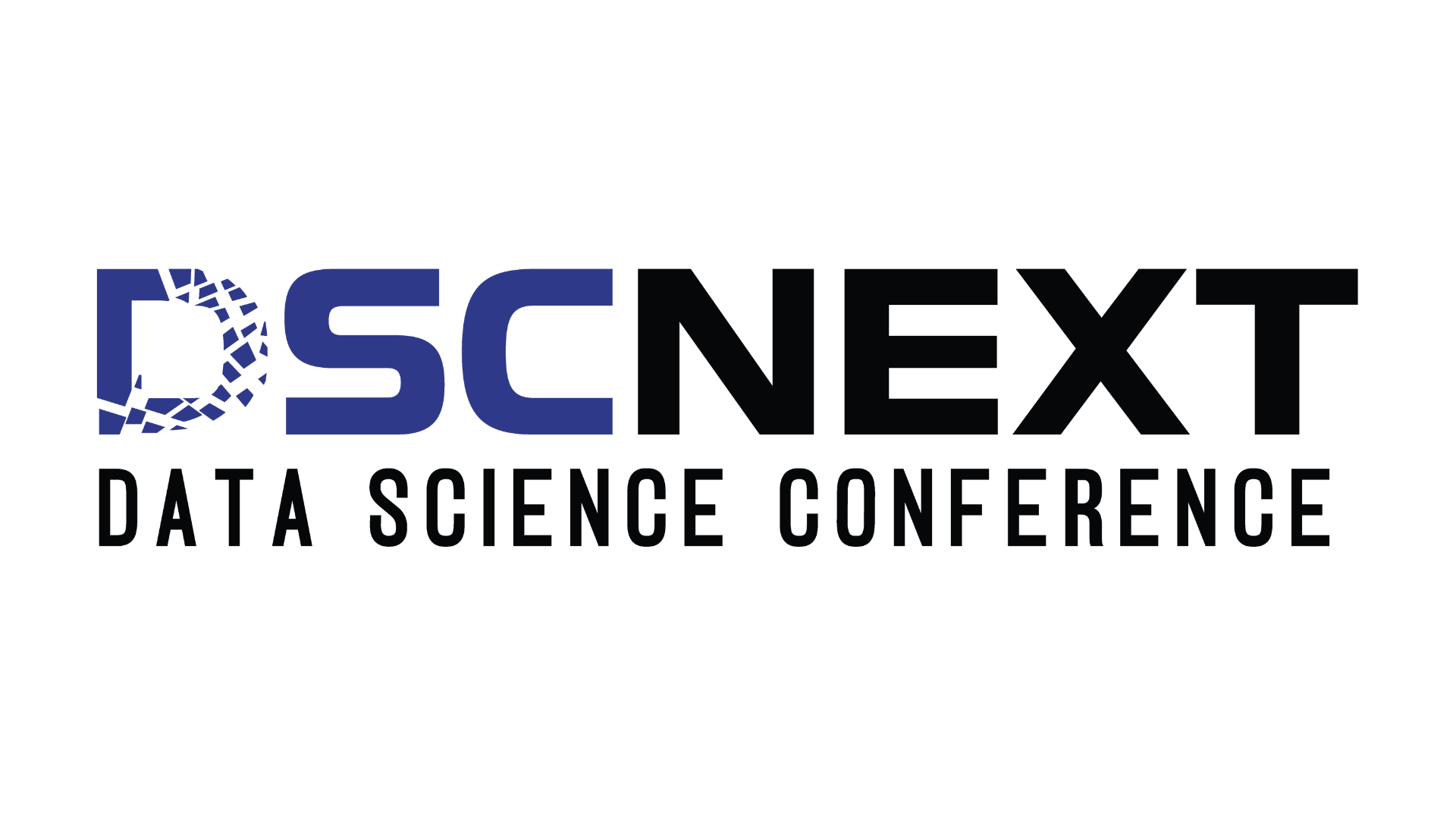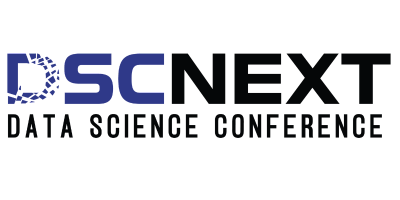
Discover how data science is revolutionizing modern space exploration. From analyzing satellite data to AI-powered mission planning, learn how smart data is making space missions safer, faster, and more insightful.
Introduction
Space exploration is no longer just about rockets and astronauts. Today, data science plays a big role in helping scientists understand space better and make smarter decisions. Whether it’s analyzing satellite images or planning missions, data is at the heart of space innovation.
Making Sense of Big Space Data
Every space mission — from satellites to Mars rovers — sends back a huge amount of information. This data includes images, temperature readings, signals, and more. Thanks to data science, scientists can process all this data quickly, find patterns, and make new discoveries about the universe.
Improving Astronomical Observations with Data Science
Astronomers often use large telescopes to look deep into space. But these images can be blurry or unclear. Data science helps clean them up and even identify new stars, galaxies, or planets. This saves a lot of time and helps speed up discoveries.
AI-Powered Mission Planning and Space Navigation
Launching a spacecraft takes careful planning. Data science models help choose the best launch time, save fuel, and avoid risks. Even rovers on Mars use machine learning to move around safely, avoid obstacles, and work on their own without constant control from Earth.
For example, NASA’s Perseverance rover uses artificial intelligence and machine learning to analyze rocks and soil in real-time, helping scientists make faster decisions about where to explore next. According to a Times of India report, this technology allows the rover to identify potentially interesting features without waiting for commands from Earth, making missions faster and more efficient.
How Data Science Supports Satellite and Rover Operations
Satellites and space rovers are full of sensors that send back data. Machine learning can study this data in real time to guide rovers safely across rocky surfaces or help satellites adjust their position. This makes missions safer and more efficient.
Detecting Exoplanets and Predicting Space Weather with Machine Learning
One cool way data science is used is in finding exoplanets — planets outside our solar system. By studying how a star’s light changes, data models can tell if a planet might be passing in front of it. Predictive models also help warn us about space weather like solar storms that can harm satellites.
Finding Resources on Planets Using Data Analytics
Space agencies are using data to find useful materials like water or minerals on the Moon and Mars. By analyzing images and atmosphere readings, data scientists help decide where future missions should explore or land.
Crowdsourcing and Citizen Science in Space Research
In some projects, people all over the world help classify space images — this is called crowdsourcing. Projects like Galaxy Zoo use data science to combine human input with algorithms, making research faster and more detailed.
Making Space Data Understandable Through Visualization
Scientists use special tools to turn complicated space data into clear charts or maps. These visualizations help engineers and mission teams understand the situation better and make decisions quickly during space missions.
Conclusion
Data science is not just transforming how we explore space — it’s redefining how we understand our planet and beyond. From smarter satellites to AI-powered rovers, the fusion of data and space technology is opening new frontiers for discovery, safety, and sustainability.
If you’re passionate about this field, consider attending the Data Science Conference (DSC Next) 2025, happening from May 7–8, 2025, in Amsterdam, Netherlands. This premier event brings together global experts, researchers, and professionals to explore the latest advancements in data science, machine learning, and artificial intelligence.
At DSC Next 2025, you’ll have the opportunity to:
Engage with top data scientists and industry pioneers.
Dive deep into advanced analytics, AI, and predictive modeling.
Connect with professionals and thought leaders to exchange ideas and explore collaborative opportunities.
Whether you’re a student, researcher, or industry professional, DSC Next 2025 offers a platform to learn, network, and contribute to the future of data science.
Reference
Free Science Information: The Role Of Data Science In Space Exploration


